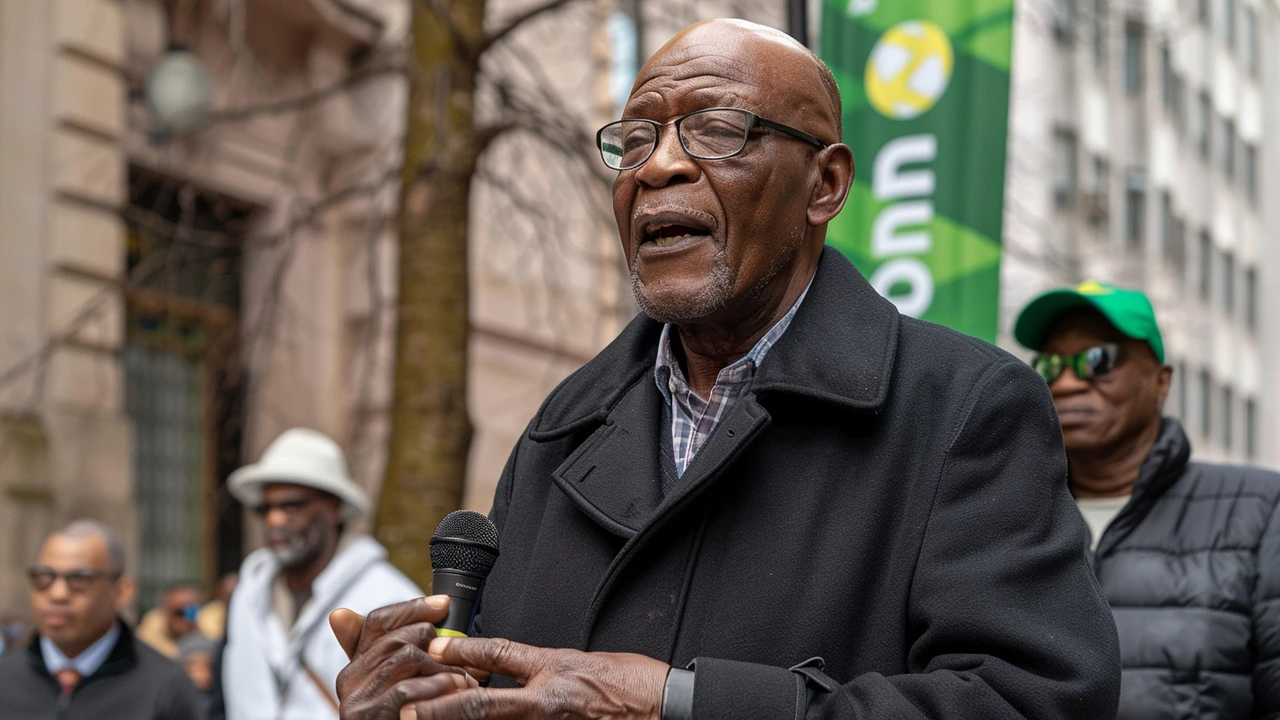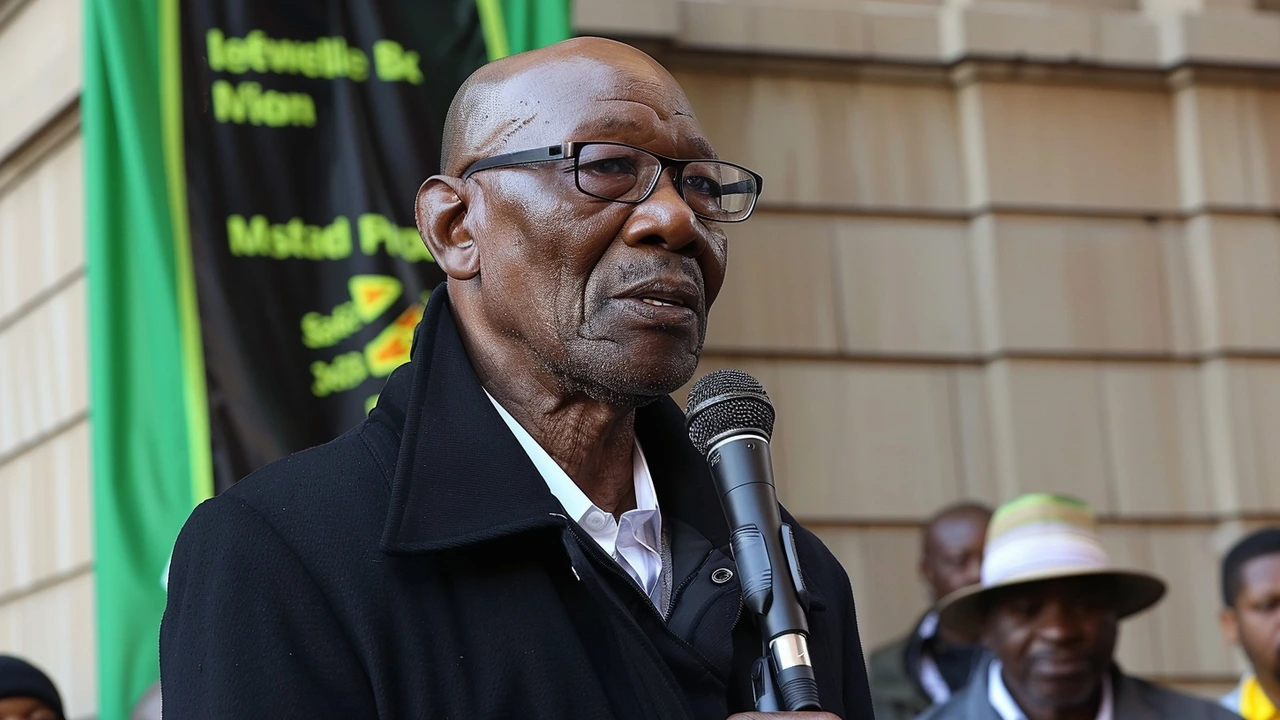Jacob Zuma Threatens Legal Action Against IEC Over Election Results
Jacob Zuma, the leader of the uMkhonto weSizwe (MK) party, has sparked a significant political storm by threatening to take legal action against the Electoral Commission of South Africa (IEC) over the most recent election results. Zuma's dramatic announcement came during a fiery appearance outside the Electoral Court in Johannesburg, where he was embroiled in a different but equally contentious legal matter related to his party's internal conflicts.
Accusations of Vote Manipulation
Zuma, never one to shy away from controversy, accused the IEC of deliberately manipulating votes to benefit the African National Congress (ANC). According to him, the electoral body's actions were a blatant attempt to undermine the democratic process and tilt the scales in favor of the ruling party. This accusation has added another layer of tension to the political landscape, already fraught with allegations and counter-allegations from all sides.
Standing resolutely outside the courthouse, Zuma declared that his party, the uMkhonto weSizwe, would not take this alleged injustice lightly. They plan to lodge a formal complaint against the IEC, challenging the integrity of the electoral process and seeking to hold those responsible accountable. This move, if carried to fruition, could have far-reaching implications for South Africa's political future.
Legal Tussle Over Party Expulsion
The backdrop for Zuma's explosive comments was a court hearing concerning the expulsion of Jabulani Khumalo from the MK party. Khumalo's dismissal has been a contentious issue within the party, and the legal wrangling has only added to the party's internal strife. Khumalo's lawyer argued that Duduzile Zuma-Sambudla, Zuma's daughter, had forged a letter to the IEC that falsely changed the party's leadership. This accusation has pitted former allies against each other, deepening divisions within the MK party.
Advocate Dali Mpofu, representing Zuma, contested this claim, presenting evidence that Khumalo himself had written two letters to the IEC confirming the leadership changes. The court was left to sift through these conflicting narratives, with judgment in the matter reserved for a future date. This intra-party conflict has not only strained personal relationships but has also thrown the party's stability into question.
Comments on President Ramaphosa
Zuma didn't stop at criticizing the IEC and addressing internal party issues. He also took the opportunity to launch a scathing attack on President Cyril Ramaphosa. Referring to the infamous Phala Phala game farm scandal, Zuma made a pointed remark about not voting for a leader who 'hides money under the mattress.' This comment was a direct hit at Ramaphosa, who has been embroiled in controversy over the discovery of large sums of money hidden on his property.
Ramaphosa's critics have used the Phala Phala scandal to question his integrity and suitability to lead. Zuma's comments added fuel to this fire, suggesting that even within the broader political landscape, there are deepening rifts and growing dissatisfaction with the current leadership. This public spat between Zuma and Ramaphosa is just one example of the broader infighting that seems to characterise the current South African political scene.
The Future of South African Politics
Jacob Zuma's threats and accusations have undoubtedly cast a shadow over the recent election results and have raised serious questions about the future of South African politics. If his claims of vote manipulation hold water, it could result in an unprecedented legal battle that might redefine the country's democratic processes. Zuma's determination to challenge the IEC suggests that he is far from ready to fade into political obscurity.
As for the internal dynamics of the uMkhonto weSizwe party, the outcome of the legal disputes and leadership wrangles will likely have significant implications down the line. Whether the party can emerge from this period of turmoil stronger and more unified, or whether it will splinter further, remains to be seen. What's clear is that this ongoing saga is drawing intense scrutiny from all corners of South African society.
Meanwhile, President Ramaphosa must contend with the public relations fallout from Zuma's caustic remarks. His handling of the Phala Phala scandal and the ability to maintain party unity in the face of internal and external criticism will be critical factors in shaping his political legacy. The simmering tensions within the ANC, accentuated by Zuma's bold accusations, make it an uneasy period for the ruling party.

Conclusion
The political drama unfolding in South Africa, ignited by Jacob Zuma's threats and accusations, underscores the volatility and complexity of the nation's politics. Legal battles, allegations of vote manipulation, and personal vendettas are all part of the intricate tapestry of this unfolding narrative. As events continue to evolve, the South African public and the world will be watching closely to see how these high-stakes conflicts are resolved and what the future holds for the country's political landscape.

Comments